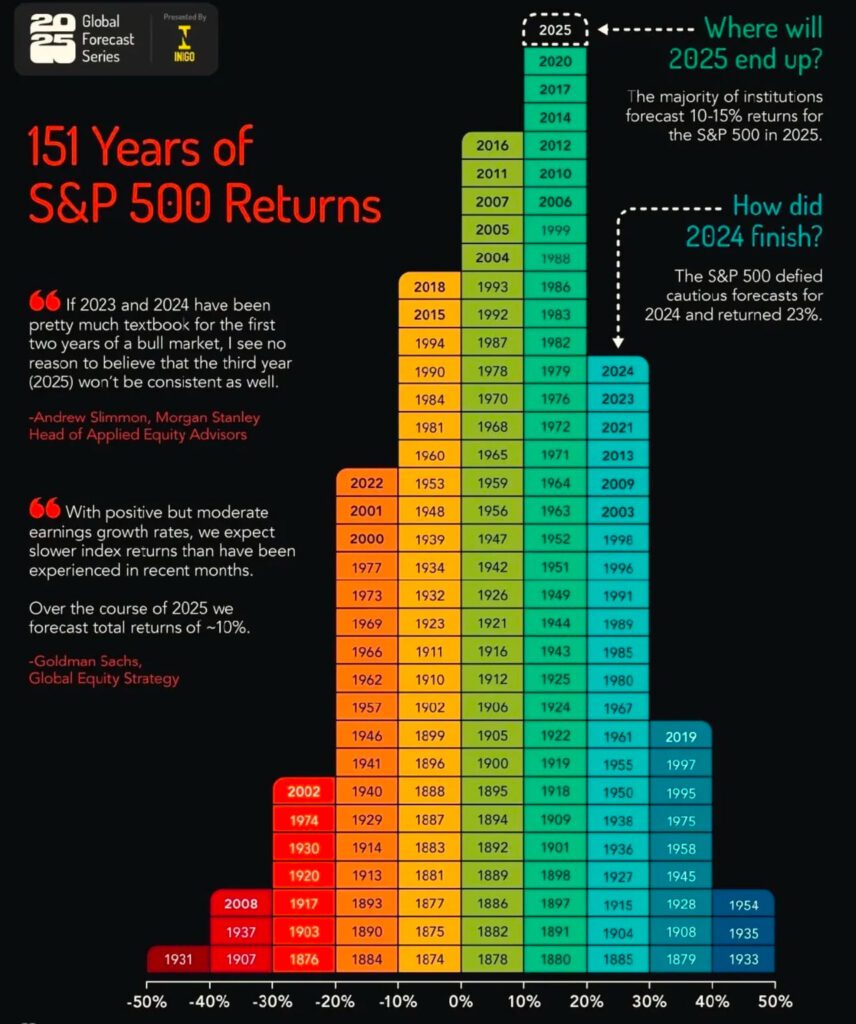As Donald J. Trump took the oath of office on January 20, 2017, stock futures experienced a notable surge, reflecting investor optimism despite regular trading being closed for the day. This positive movement in stock futures indicated a belief among investors that Trump’s policies could stimulate economic growth and bolster corporate profits.

The rise in stock futures came especially as key sectors, including financials, healthcare, and industrials, anticipated favorable regulatory changes that a Trump presidency might bring. Investors were keenly focused on his proposed tax reforms, infrastructure spending, and deregulation, all of which were expected to revitalize the U.S. economy.
Market analysts noted that the futures market often serves as an early indicator of investor sentiment and can influence market dynamics on the following trading day. Despite the uncertainty surrounding Trump’s unconventional political approach, many investors interpreted his election as a catalyst for potential market gains.
As regular trading resumed, the sentiment carried over, setting the stage for the stock market to potentially open higher, driven by the expectations of a pro-business agenda. This response highlighted a critical intersection between politics and finance, where market movements often reflect broader economic sentiments tied to leadership changes.
In summary, the rise in stock futures during Trump’s inauguration underscored the intricate relationship between political events and market performance, revealing the confidence of investors in potential economic policies that aimed to reshape the landscape of the American economy.
